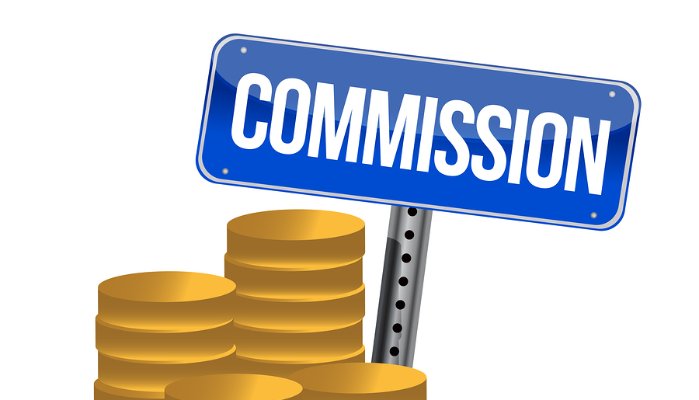To drive sales results a key consideration is how your commission plan aligns with both your sales and corporate goals – too many organizations have a disconnect between the two. I remember there was one company I worked four years ago, that when I was too successful selling, told me I was making too much money in commission and they would need to cut my commission rate by 50%. The message that was sent to me was, the better you perform, the less you will make. How motivating does that sounds for a salesperson? Obviously not really motivating at all given the goal was to grow revenues and add new accounts on in the country I was selling in.
There are a number of things to consider when putting together a sales commission plan that motivates your salesperson and is aligned with your corporate goals. These include:
Matching Your Sales Commission to Your Company’s Objectives – Short and Long Term
First, let’s look at the role of the salesperson, what you want them to do and what you as a the company owner or executive in charge of this want. If your expectation is for the salesperson to simply close new business and then have the client transitioned to an internal team, then pay an aggressive commission based on that close. If you would like that salesperson to act a closer, ongoing account manager, accounts receivable collector, operational assistant then an upfront commission and an ongoing commission makes much more sense. In the second situation, you want to ensure the salesperson is incented to manage and oversee the relationship.
The Value of the Sale
If your product or service has a significant one-time or annual value to it (I would suggested $10,000 or more) then a higher commission should be paid for upfront. If you are in the software space, as an example and offering a software as a service solution at a lower monthly rate, say $50 per month, then a new commission structure based on the lifetime value of that client should be considered.
Other Incentives
Another aspect to consider from a commission or larger compensation perspective is the use of additional incentives not tied to closing business but to the actions required to drive sales, support the close and ensure customer satisfaction post sale is high. Paying on booked meetings, CRM usage, reduced customer churn and so forth.
Paying a Base Salary – Salespeople are not Business Financiers
I believe that a salesperson performs best when they have a base to draw from and then are incented to sell. Ensure that the base is enough to provide a stable setting and that the commission plan incents effectively. Some folks may argue that salespeople should work on 100% commission. That sounds easy but in reality selling at least in a B2B environment takes time, there are many factors outside of the salespersons control and ultimately unless you are planning to pay that salesperson in equity for their work then it is not justified. Don’t expect your salesperson to finance your business.
If you are in need of assistance from a sales and marketing perspective feel free to contact me. I would be happy to see if we can help. Alternatively, if you are simply looking for a source of excellent sales and marketing information, please feel free to sign-up for our newsletter or follow us on Twitter.

